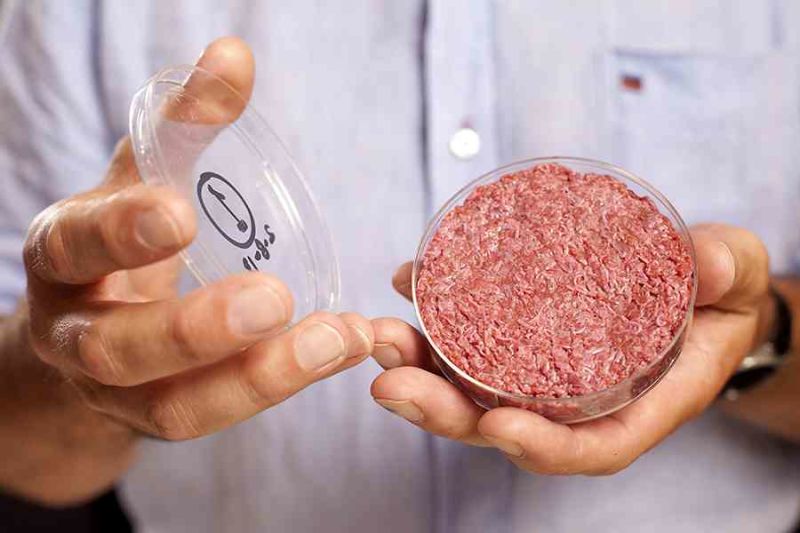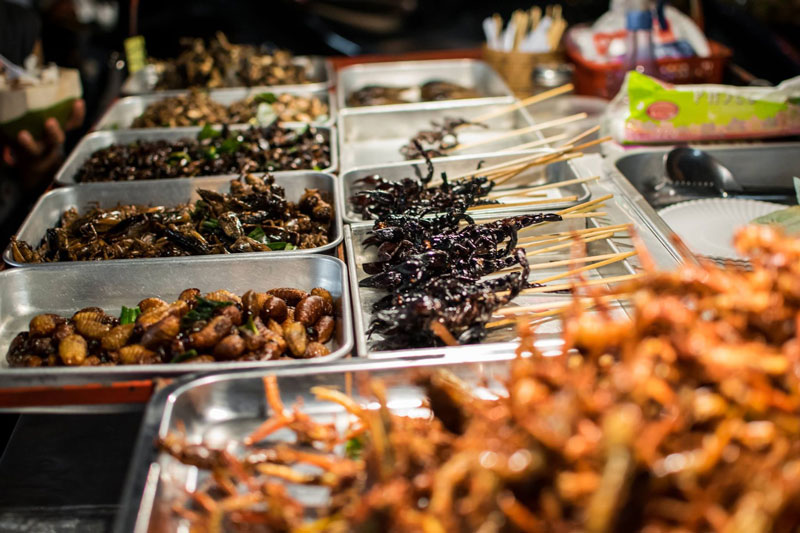We’re a funny lot, us humans. We have a very short-term outlook; we elect our leaders for three- or four-year stretches, during which precious little long-term good can be achieved. We guzzle down doughnuts, choosing to conveniently forget the adage “A moment on the lips, a lifetime on the hips”. Our governments ignore climate change evidence as long as fossil fuel companies finance their campaigns, and we continue to violate the Earth’s resources with a wildly inefficient livestock industry that encourages deforestation, catastrophic greenhouse gas emissions and a hugely wasteful use of grain to fatten animals for food with a fraction of that grain’s nutrition.
One thing’s sure: with the planet’s population set to hit 9 billion by the year 2050, we simply can’t go on eating like we do. There are initial steps we can take - reducing food waste is one we can adopt now, and this involves the supermarkets selling all the knobbly, soil-speckled but perfectly good fruit and vegetables they currently destroy in their thousands of tons. Another is for us to reduce our personal amount of food waste, by eating leftovers, buying more frugally, and trusting our noses and eyes when it comes to expiry dates instead of relying solely on a date printed on a packet. Human senses evolved to be able to tell us if something is edible or not, and it’s a lunacy to let the supermarket powers-that-be trump those senses.
Ultimately, the food we eat is going to have to change radically – if not in appearance, then certainly in its ingredients. One extremely encouraging development is meat grown in a laboratory by seeding lattices of collagen with muscle cells. When the first burger formulated from lab-grown meat was made by Dr. Mark Post at Maastricht University, it cost US$325,000 – a truly eye-watering amount. The cost has now been brought down to $11 – around the same as a high-end takeaway burger in a more upmarket borough of London. Eventually these burgers will be as cheap as the no-frills ones offered in a sixpack in most supermarket freezers, and we’ll be able to free up much of the 75% of agricultural land currently taken up with grazing and producing animal feed – plus it’ll be a huge win for animal welfare.
Another food to embrace is algae. This contains more protein, calcium, iron, vitamins, fibre, minerals and antioxidants than any fruit or vegetable, and is remarkably fast-growing, even in polluted water which would kill any other crop. Many of us already eat it in the form of seaweed, whether served crispy at a Chinese restaurant, or wrapped round sushi. The dulse variety is also delicious as a bacon substitute in a vegetarian fry-up. Much of it contains alginate, which can block the absorption of fat in the human body – excellent for the over-eaters! What’s more, algae is excellent as animal feed and fertiliser, and perhaps even more importantly, it’s a fantastic source of oil, which canny airlines and shipping companies are now putting smart money on as a fuel of the future. It’s been estimated that commercial algae farms could produce up to 10,000 gallons of oil per acre, compared to just 350 gallons of biofuel per acre of corn. This would mean 40 million acres of farmland currently devoted to biofuel could be freed to grow food for humans.

“Anyone for cricket?” is a phrase heard on balmy summer days in villages up and down the UK, but it could take on a whole different meaning if we start looking at insects as a major food source. Many may baulk at munching on little critters such as mealworms, grasshoppers and other beetles and bugs, but in the UK we’re in a minority, as most countries on the planet have always had a selection of edible bugs in their diet. Their increased use would solve the problems of the growing consumer demand for protein without the huge environmental damage associated with farming more traditional livestock, and for squeamish eaters, they’re easily made into burgers, pasta and crisps. Antipathy towards eating them will wane with future generations, and we should expect them to be incorporated gradually into our diets over the next few decades. Still, it’ll take time for most people in the UK to get over the ‘groo’ factor, and we probably won’t see Delia Smith frying tarantulas in maggot oil any time soon.

Finally, many of us have heard of the Blood Type Diet, which recommends particular diets for each blood type. Now, with ever increasing knowledge of the human genome, we’ll be increasingly sold food according to our personal genetic make-up. As well as the baby food aisle in your local supermarket, there may very well soon be an aisle dedicated to every stage of our lives, with our meals increasingly customised to our unique needs, offering the best nutritional profile for every demographic.
At the end of the day, however, we’re humans, and a little too content to deal with things only in the short term, and we’ll probably keep stuffing our faces with Wotsits and trifle. We have the knowledge and the power to be able to farm, grow and eat responsibly – whether we choose to do it is another question altogether!